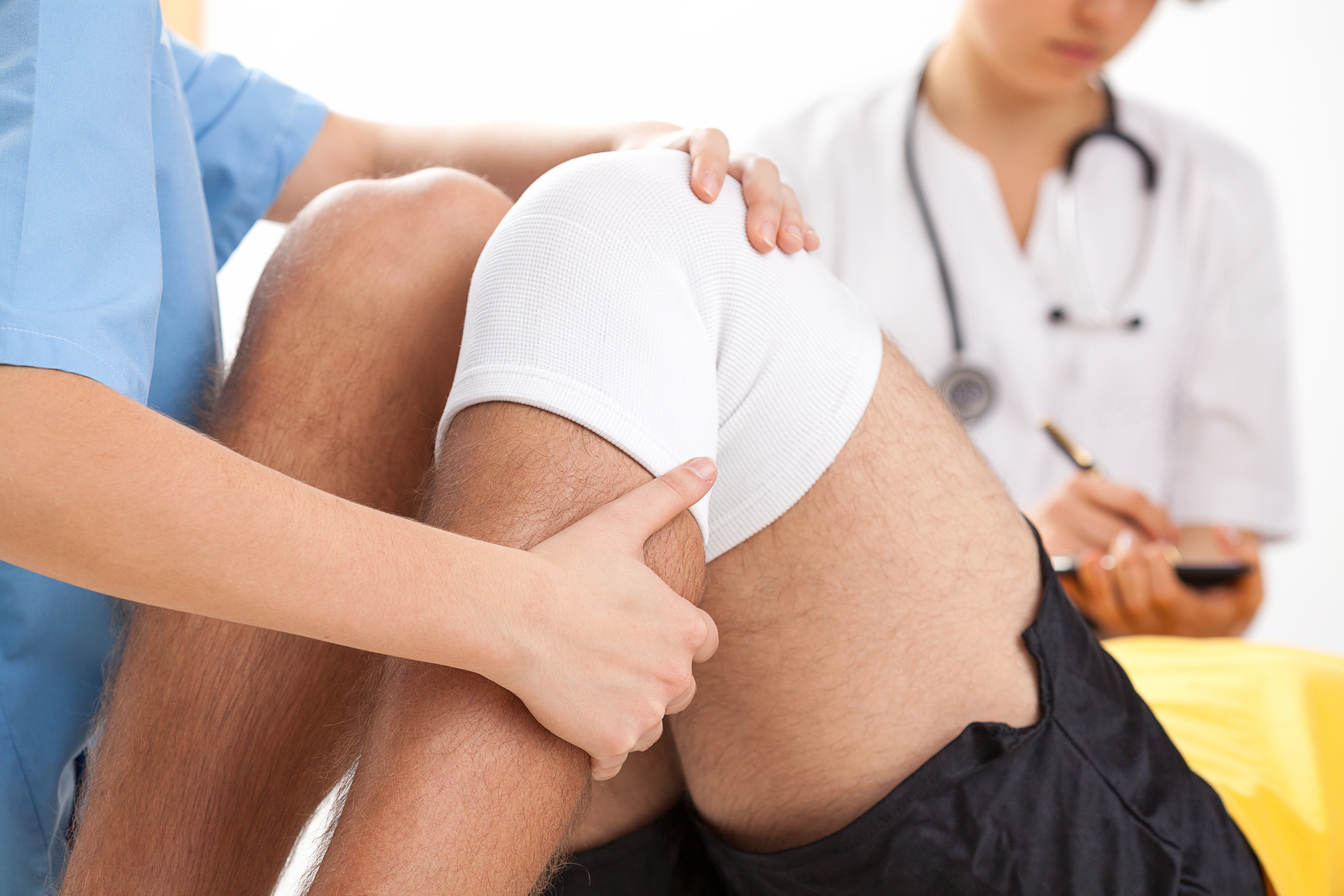 Knee Health
Knee Health
It is clear that common knee injuries as, for example, bumps, bruises, abrasions, scratches, dislocations, sprains and fractures usually are caused by sudden blows, attrition, incorrect movement or other outer impacts. These knee injuries can be prevented by usage of different knee protectors and supports and by sufficient warm-ups. Unfortunately, there are a lot of other risks of knee injuries which are not connected with outer impacts during physical activities that usually can be avoided by certain protection and action. There are a number of factors that can increase your risk of having knee problems. To find out these extraordinary factors and ways how to prevent them, read the text below.
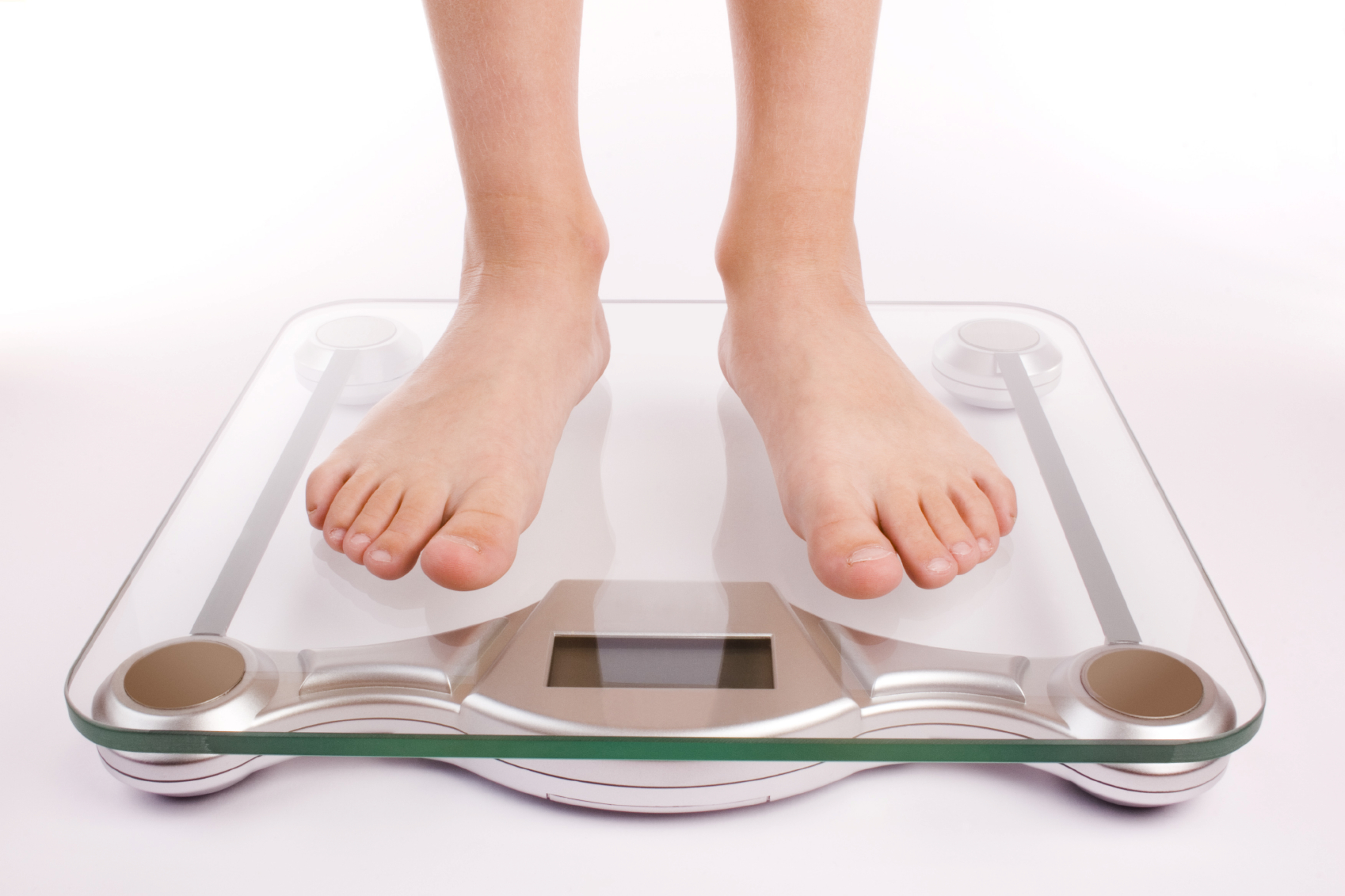
Excess weight
It is not a secret that excess weight causes a lot of health problems. Being overweight or even obese increase the stress on knee joints even during such ordinary activities as walking or going up or down stairs. Over time, it can increase the risk of osteoarthritis as well, because excess weight accelerates the breakdown of joint cartilage. There is a fact, that every pound of body weight yields 5 pounds of force on knees, so even 10 extra pounds can put a considerable load on knee joints. The only way to prevent these kind of problems and a lot of other health problems is loosing of excess weight. It is possible with living healthy lifestyle which includes balanced diet, sufficient water consumption and regular physical activities.
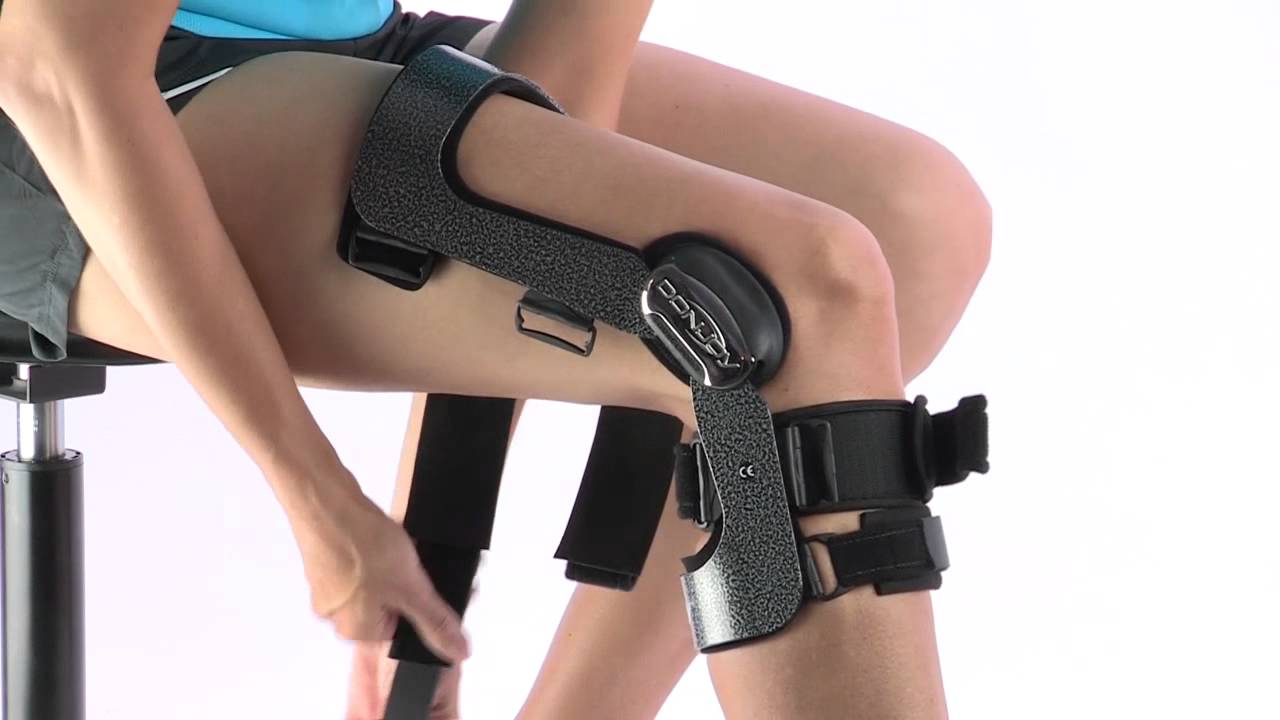
Biomechanical problems
Certain structural abnormalities of legs, for example, having one leg longer than the other, flat feet or misaligned knees can increase the risk of different knee problems. If excess weight is the problem that can be resolved, biomechanical problems in most cases cannot be corrected, but nowadays some of them can be resolved surgically, for example, shortening or extension of legs.
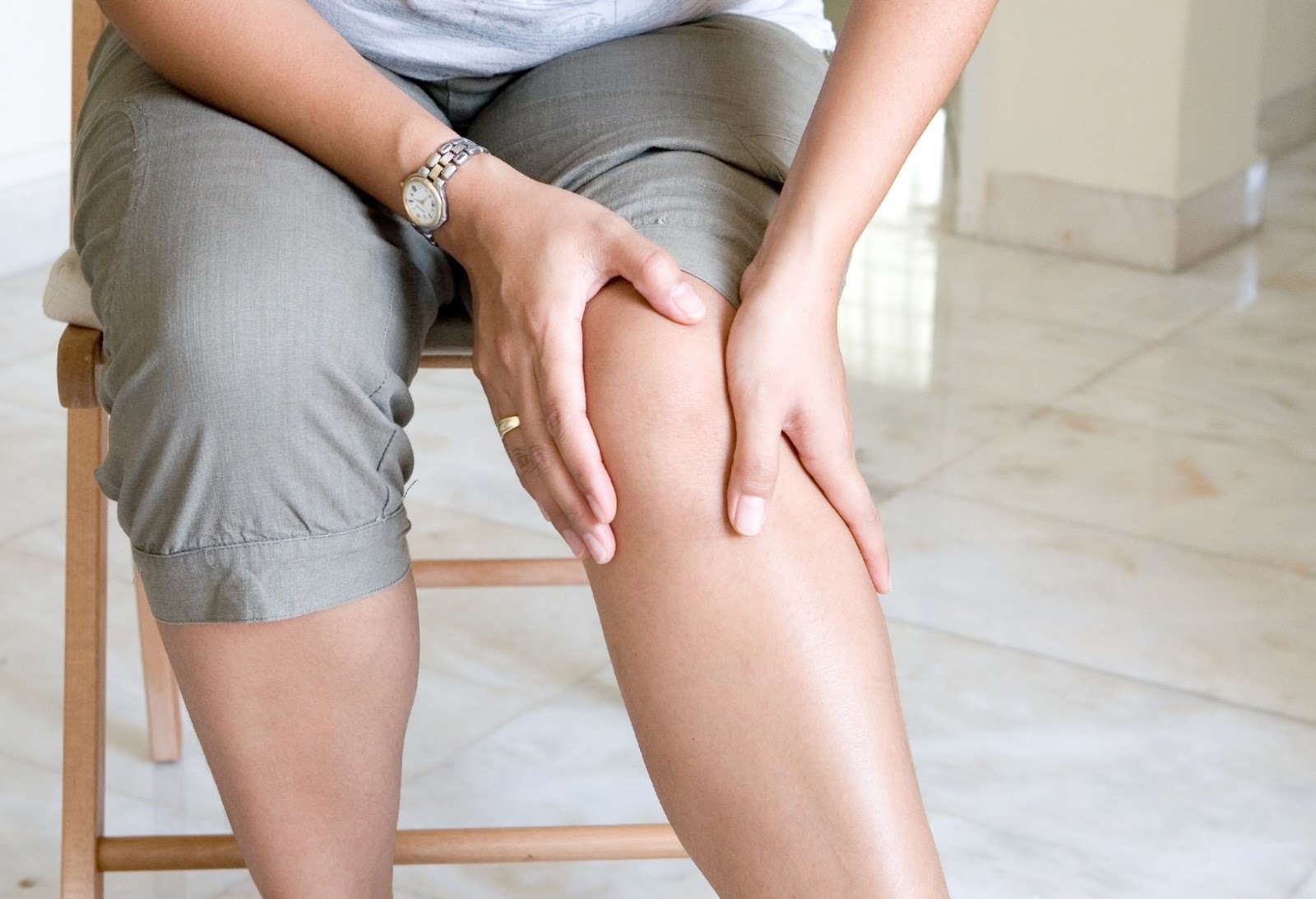
Lack of muscle strength or flexibility
Actually lack of strength and flexibility are among those factors which cause knee injuries most often. Too tight or too weak muscles do not provide sufficient support for your knees, because such muscles do not absorb enough of the stress which is exerted on the knee joints, therefore, they are constantly being damaged. All you can do to strengthen and stretch your muscles is doing certain exercises which enhances functions of muscles and thus health of knees – for example, exercises such as leg lifts and wall sits can help to improve the strength of your quadriceps, thereby reducing the risk of knee injuries. It is also essential to stretch your hamstrings and calf before and after exercises or sports, helping alleviate tension in knees.

Certain sports
It is not the secret that some sports put greater stress on your knees than others, for example, skiing, basketball and even running are connected with great stress on knees, therefore, they all increase your risk of knee injuries. It would be silly to suggest to refrain from these sports, so all you can do to decrease risk of knee injuries is taking care of your knees protection and support. In any case, remember to avoid sudden jarring motions, try to turn on the heels, not twisting through your knees, and build up your exercise program slowly over time.
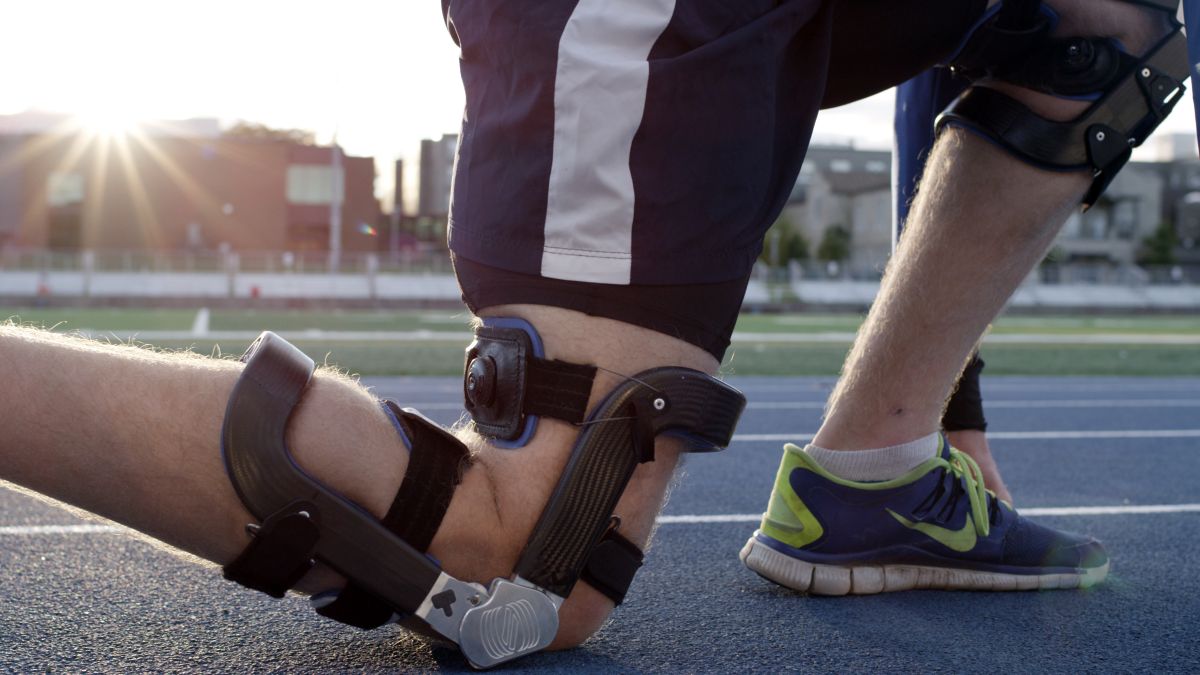
Previous knee injuries
It is logical that having previous knee injuries make it more likely that you will damage your knees again. Each injury weakens knee health, therefore, it does not function completely – failures in functionality increases the risk of repeated knee damages. You can use knee braces which are intended for previously injured knees to prevent further damage, but there is no guaranty that your knees will not be injured nevermore. Another problem which is connected with previous knee injuries is insufficient rehab and rest after knee injuries – the rehabilitation and rest period after knee injury is critical to prevent knee pain or reinjury in the future. Recovery could last from a couple of weeks to several months, depending on the type of damage and treatment.
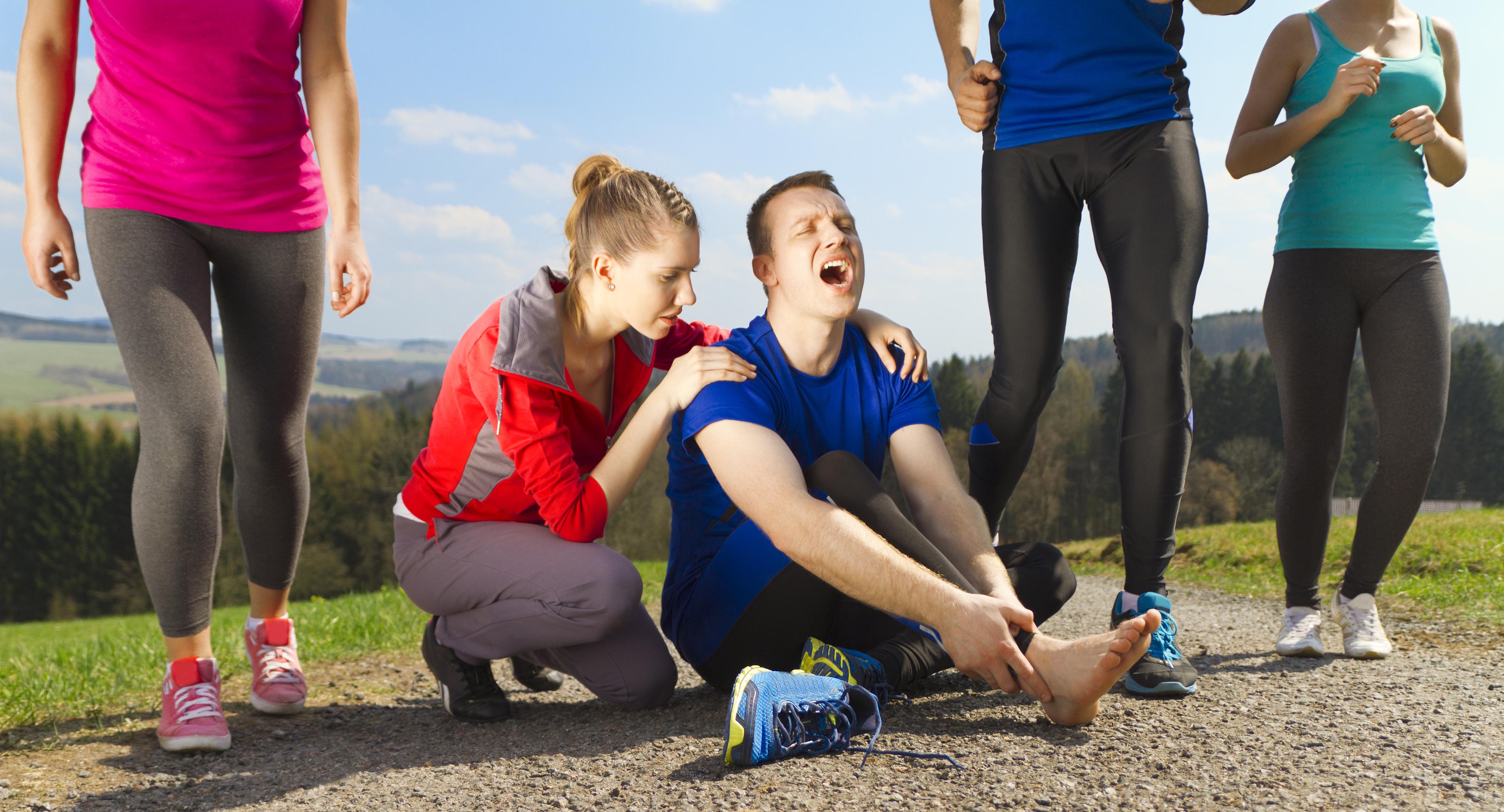
Wearing of inappropriate footwear
You should always wear proper footwear, because non-orthopedic footwear encourages unequal fatigue of knee structures, increasing the risk of knee damages. This fact should be considered especially during physical activities – athletic shoes should fit well and should be appropriate for the sport. In any case, do not sport with inappropriate footwear!
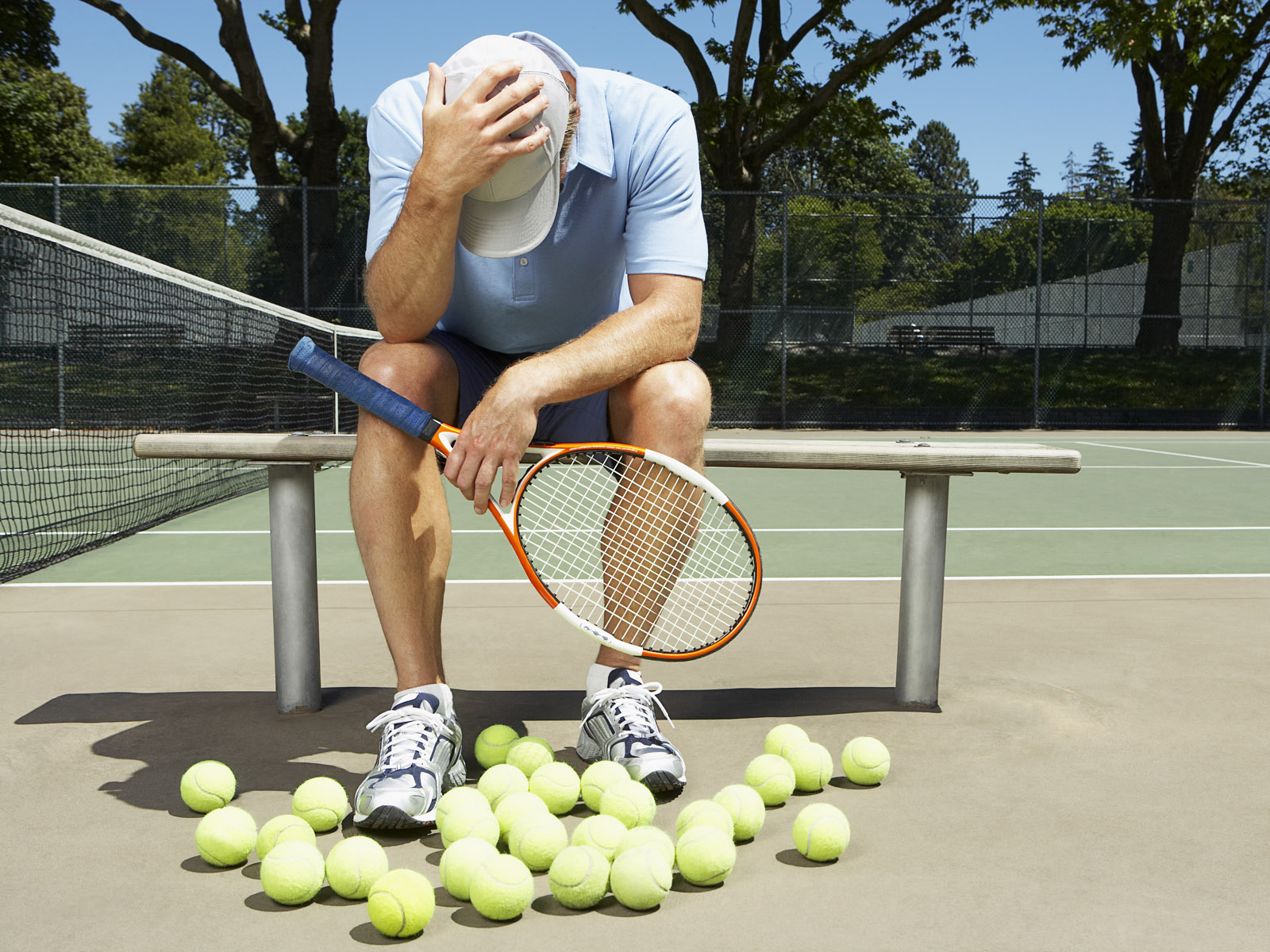
Overdoing
So many knee injuries occur when people are physically tired. If you feel tired, your physical body is tired as well, therefore, it may not work properly, increasing the risk of knee damages. You should listen to your body and take a rest when you are exhausted. Also sudden increase in intensity or duration of exercise can cause overuse injuries from repetitive strain, for example, tendonitis or kneecap pain. To avoid such knee problems, combine hard training days with easy ones so your body can recover, and include warm-up and stretching exercises before and after working out. It should be mentioned, that you should never ignore your knee pain – your knees may be prostrated by physical load, but they may have some more serious problems, for example, some injury, disorder or even disease. If you have constant knee pain, you must see a doctor to solve this problem.

Being a woman
As many researches have proved, women are 2 to 8 times more likely than man to have certain kinds of knee problems, especially ACL (anterior cruciate ligament) tears. There is a connection between knee injuries and monthly hormonal fluctuations in women, namely, female athletes are more likely to suffer from ACL tears just before ovulation (when estrogen levels are building). All women can do to prevent ACL tears is to warm-up and stretch, to start slowly a new exercise program, to wear orthopedic and appropriate shoes, to maintain a healthy weight and to strengthen leg muscles by doing specific exercises.
